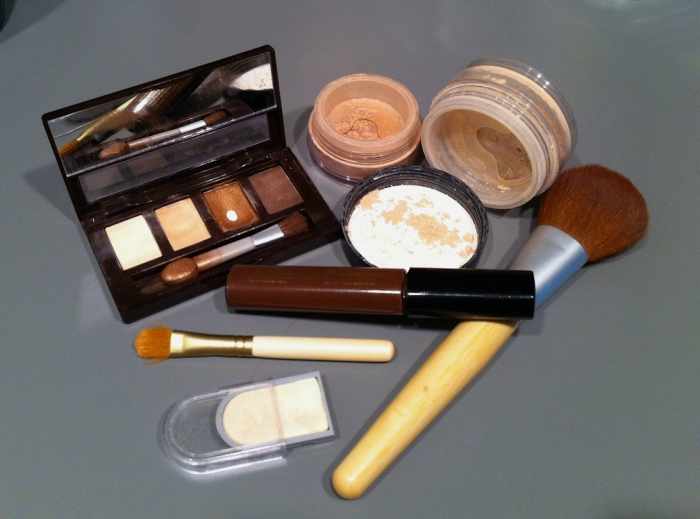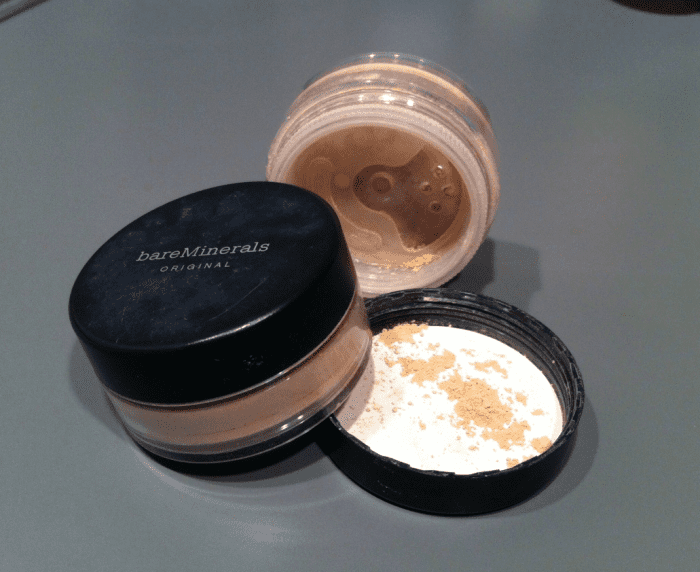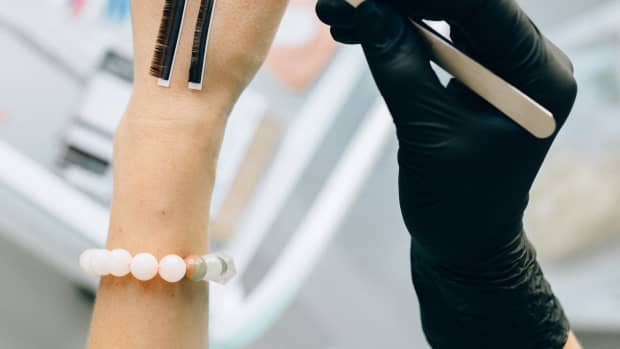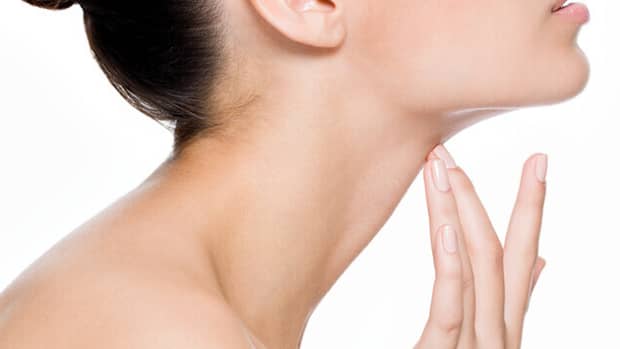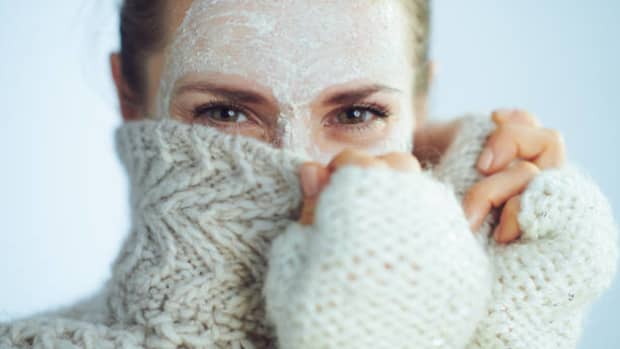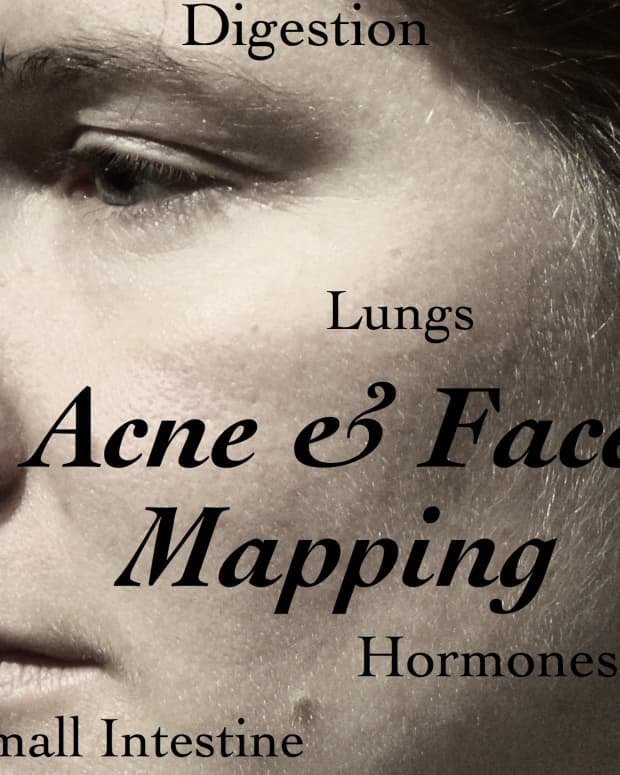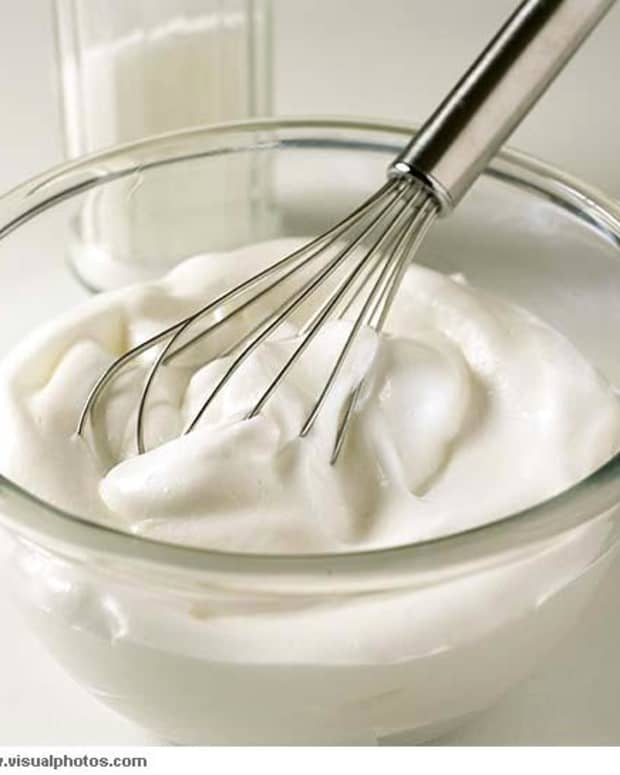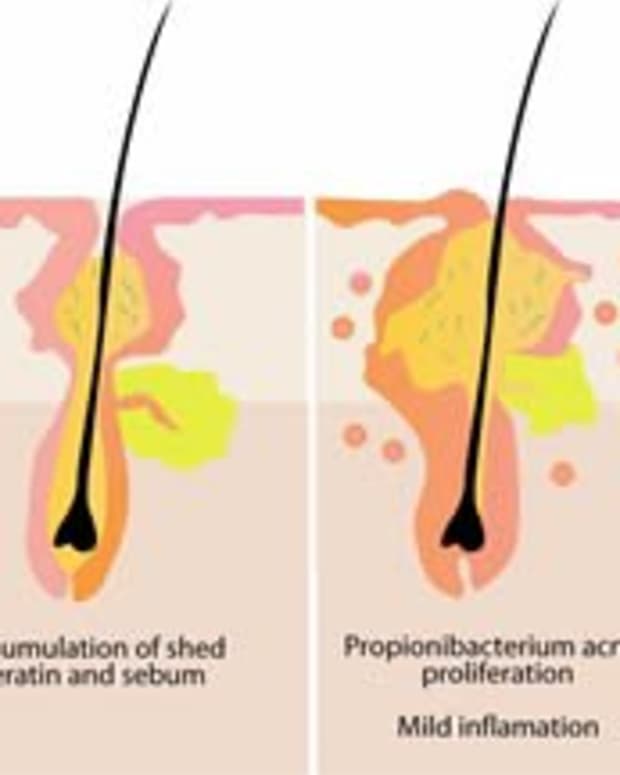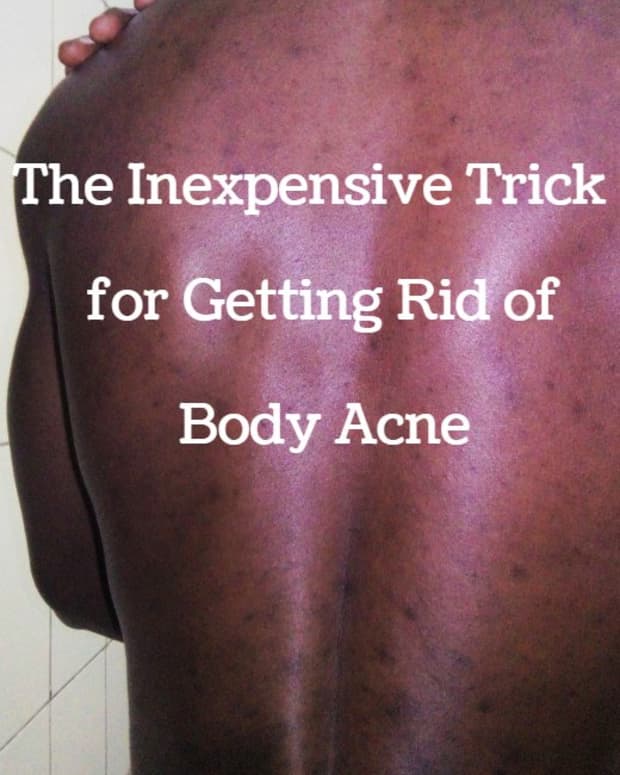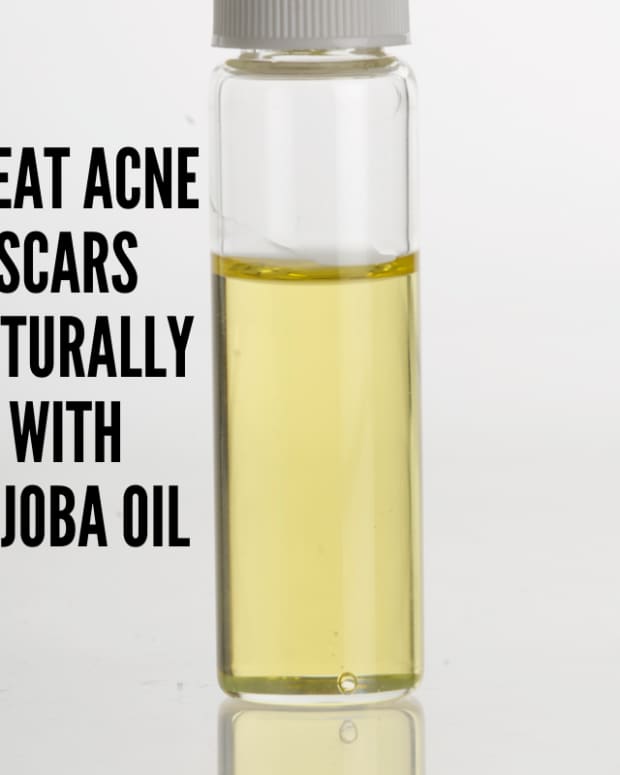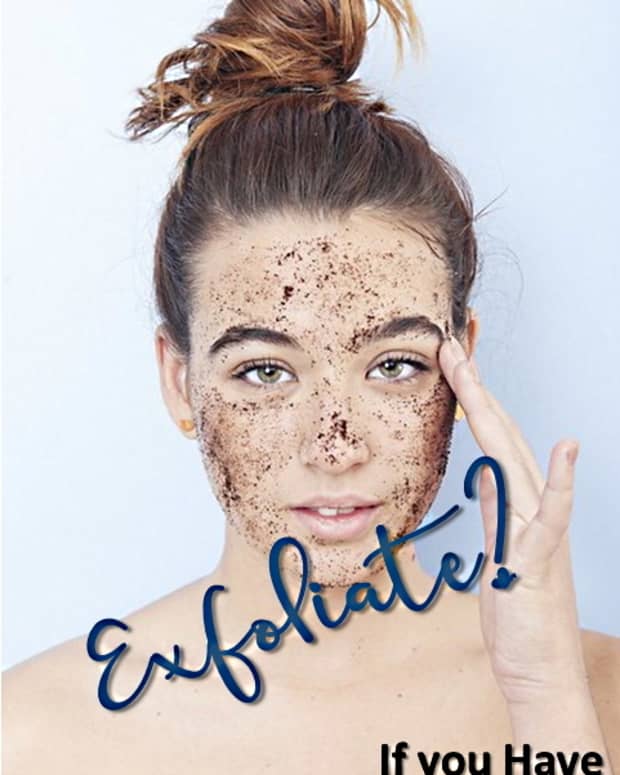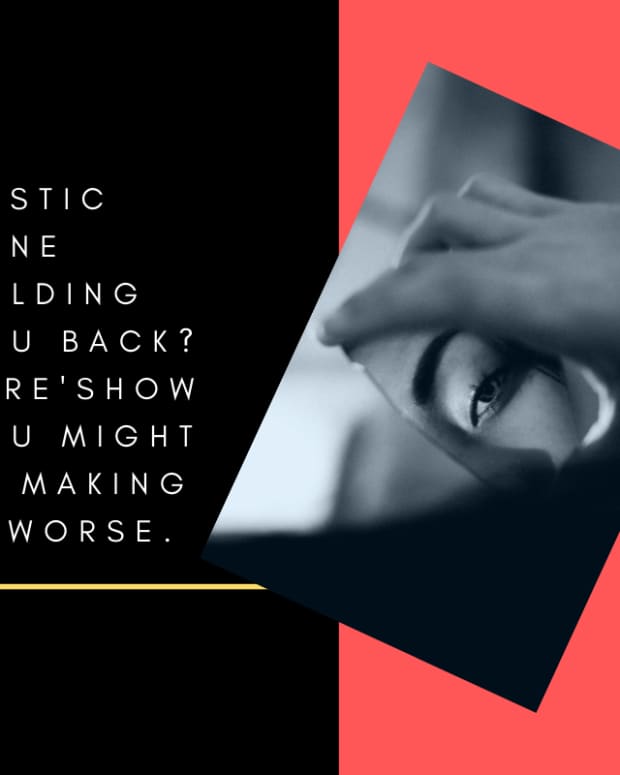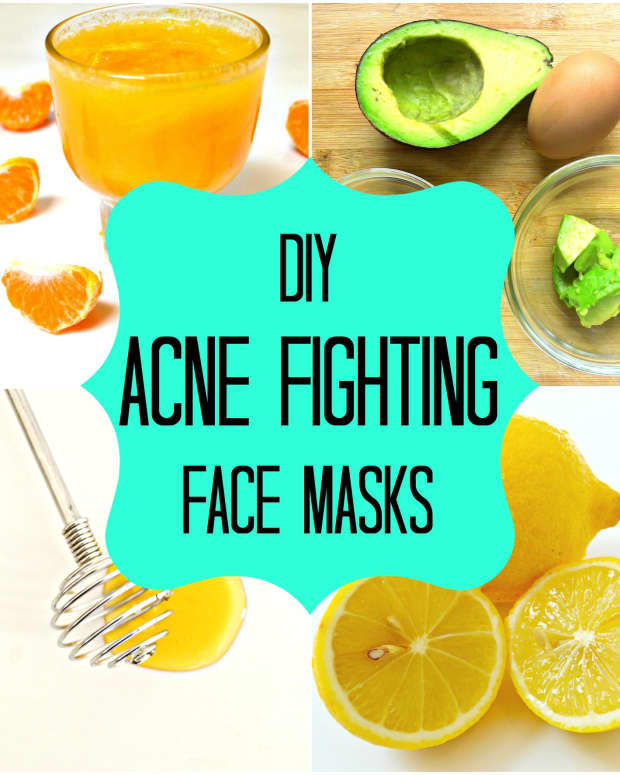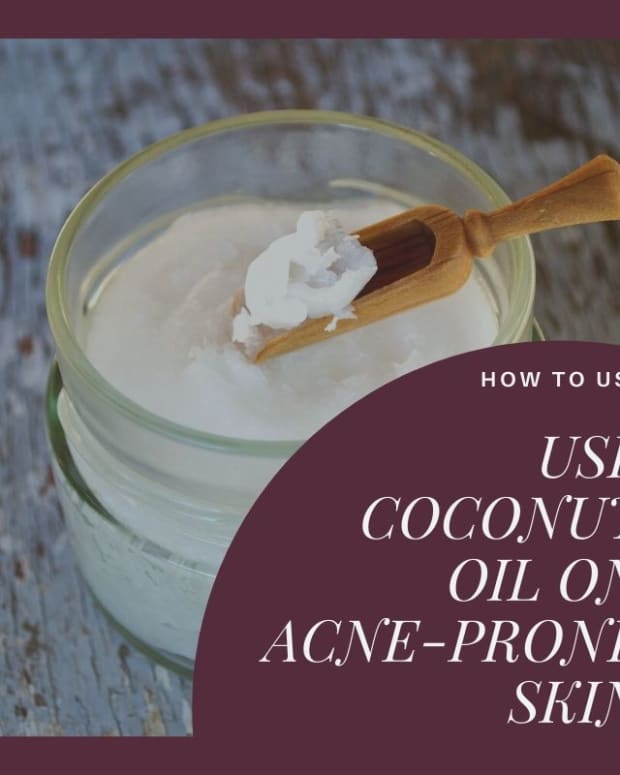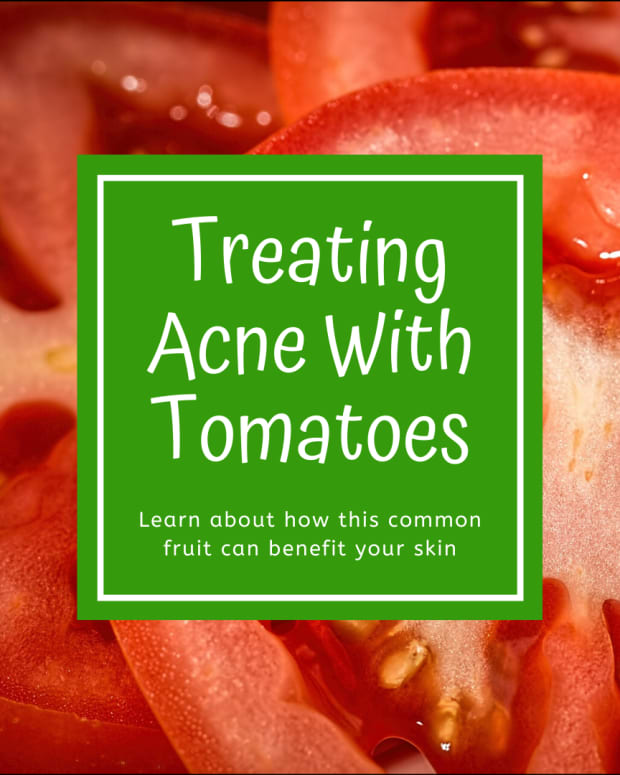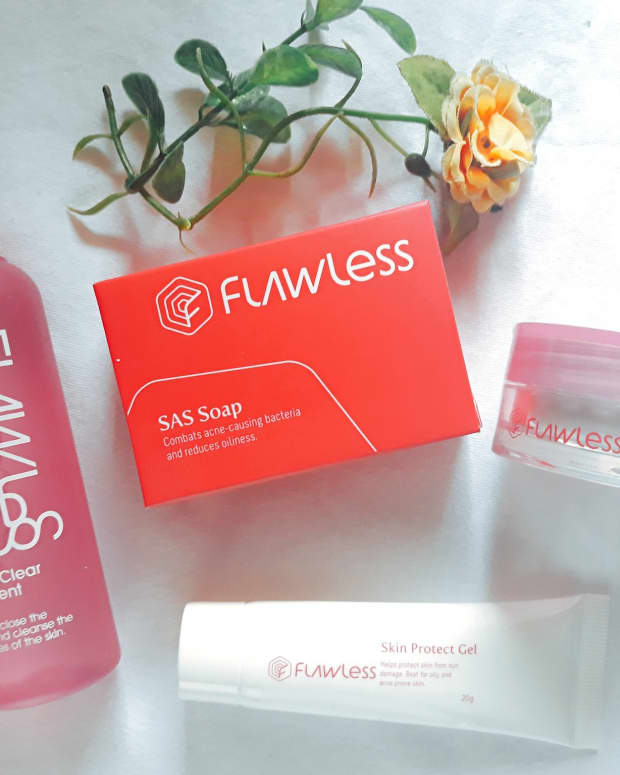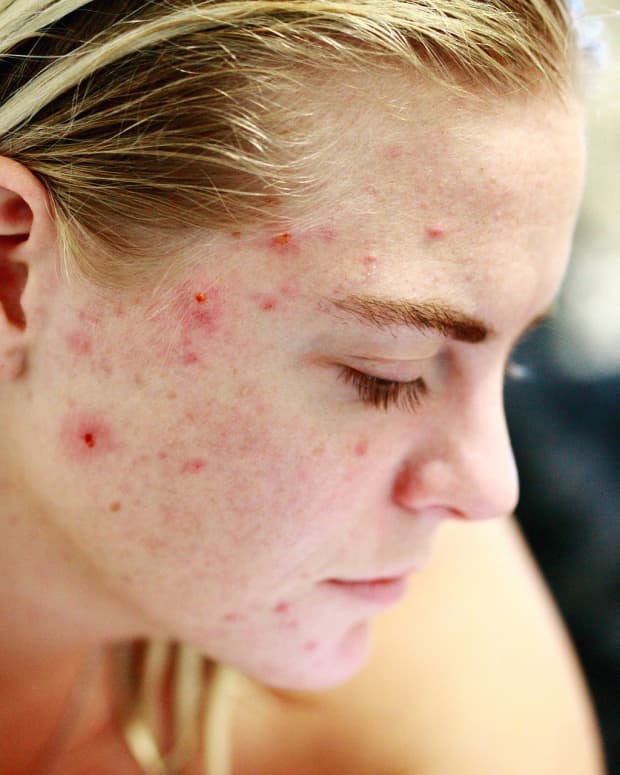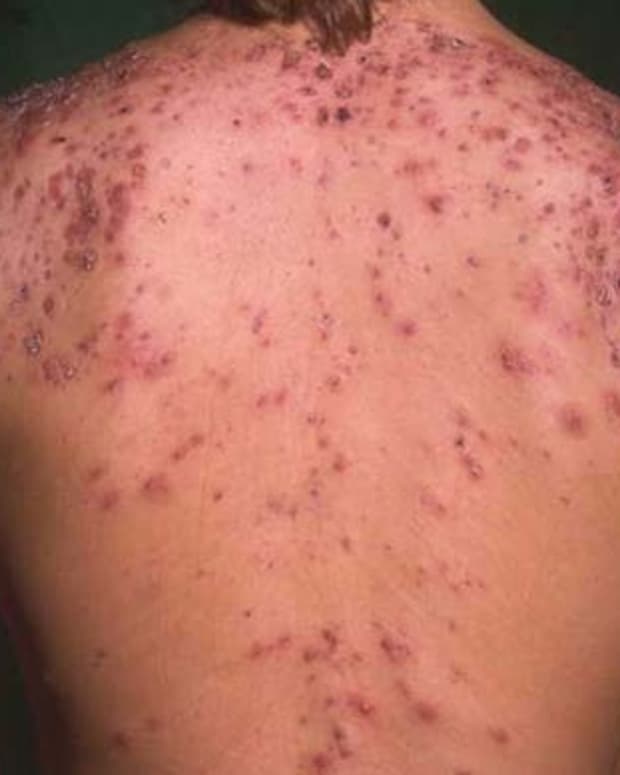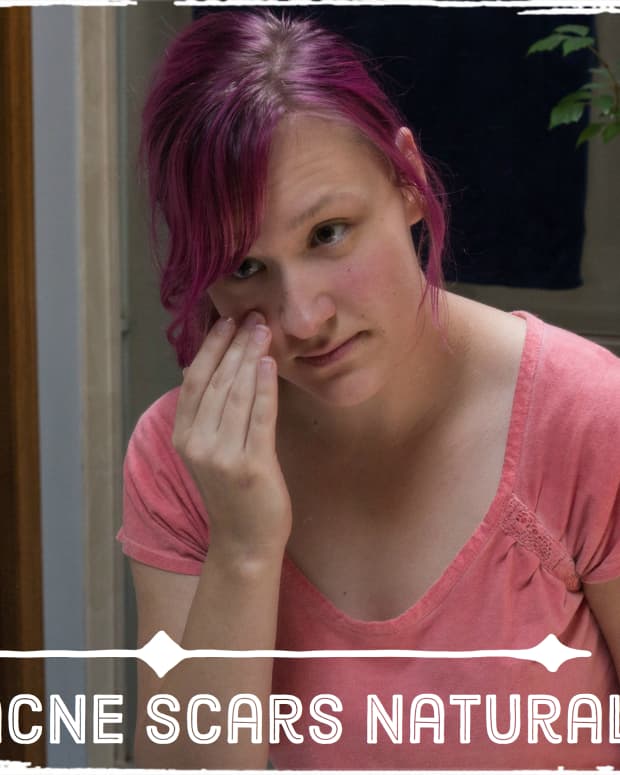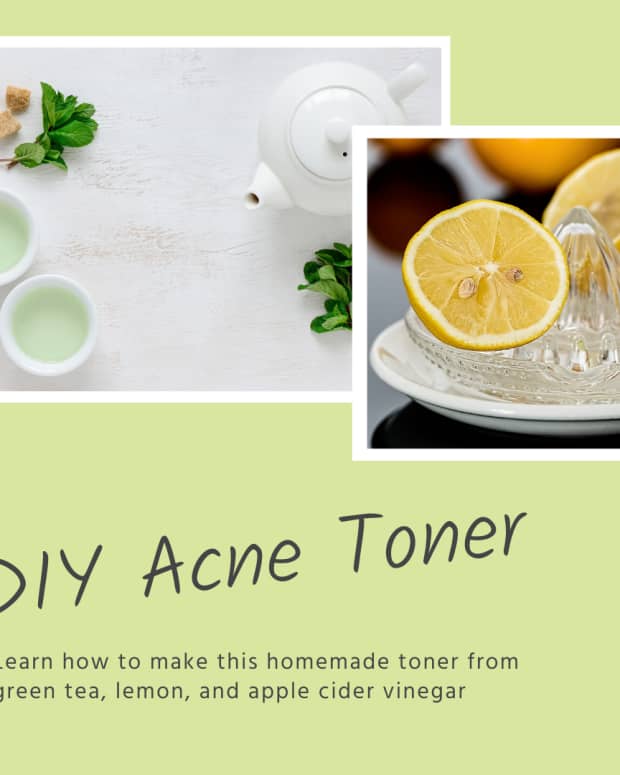Are Bismuth Oxychloride and Gluten in Makeup Causing Cystic Acne?
Amy has been an online writer for several years. Her work often focuses on skin care and skin treatments.
No one likes having acne. Cystic acne, in particular, can wreak havoc on one's self-esteem and is oftentimes physically painful and difficult to cure.
This article is on two substances that have a known connection with causing acne but may not be getting full attention from the public or from doctors. What's worse, these two things are common ingredients in makeup—the very thing you are using to hide your acne with! What are they? Bismuth Oxychloride and Gluten.
Find out if these known irritants are in your makeup and if they are possibly the cause of your acne and irritation. A simple switch in makeup may be the key to improving your skin.
What Is Bismuth Oxychloride?
Bismuth Oxychloride is a mineral. It does occur naturally, however that is rare. More often, it is a by-product made in the lab. Its chemical composition is BiOCl, a molecule with the element Bismuth (#83 on the periodic table). It is considered a heavy metal and resembles arsenic, though the FDA classifies it as "not expected to be harmful". Bismuth is often confused with lead and tin because they share similar properties. However, the toxicity of bismuth is much lower than other heavy metals, and it is now sometimes used as a replacement for lead (which is very toxic).
Why Is Bismuth Oxychloride in Makeup?
Bismuth and bismuth oxychloride have been used in cosmetics since antiquity. The main reason is because it is a shiny, lustrous mineral that gives a pearly glow when applied to the skin. Its luminescent properties are similar to nacre, or "mother of pearl."
The use of bismuth in makeup is so common that I would suggest assuming that it is in any particular makeup product until confirmed otherwise. It is particularly common in loose (powder) mineral products, sometimes in high concentrations.
A Note About BareMinerals
This is a popular brand so I would like to point it out. BareMinerals, or BareEssentials, creates many facial powders that are gluten-free; however, their lip products are not. All of their facial powders (except the matte foundation, I believe) contain bismuth oxychloride. I believe their foundations contributed to or caused my own cystic acne, and my face cleared upon switching to Afterglow.
What Problems Does It Cause?
Unfortunately, bismuth oxychloride is also known to be a skin irritant for many people. Some find that it gives them a reddish inflammation or rash, or that it makes their skin itchy.
Even worse, bismuth oxychloride is known to cause mild to severe cystic acne in a small number of people. A quick search online reveals many complaints on this count. It's true that cystic acne is not very common, but anyone who has it will quickly tell you that it is no fun and very difficult to get rid of. With so many options available today, I think it is better to just avoid the risk to begin with.
Although bismuth is considered to have "low toxicity" for a heavy metal, it is still a heavy metal, and it is possible that it is too toxic for some people to wear.
What Is Gluten?
Gluten is a protein found in wheat, rye, barley, spelt (a type of wheat), and all products made from grains such as malt, beers, flours, etc. Oats do not contain gluten themselves but are often cited as being "cross-contaminated" from wheat. In the last hundred years or so, wheat has been bred to contain higher concentrations of gluten, which helps increase the fluffiness and chewiness in breads and desserts. Think of gluten as the "glue" in bread products; it's what holds it all together, allowing it to stretch without collapsing into a pile of crumbs.
Why Is Gluten in Makeup?
Just like its role in bread, gluten is used in makeup as a binder and a thickener. It helps hold all the particles together. Thus, it is not often found in loose powders, but instead in liquids or gelled products, especially lipsticks and glosses. Mascaras, liquid concealers, and creams are other common culprits. I've even seen shampoos and conditioners that advertise their use of "wheat protein" (read: gluten) as a "strengthener."
Ingredient Names in Makeup
| Common Name | In Makeup |
|---|---|
Wheat | Triticum vulgare |
Barley | Hordeum vulgare |
Rye | Usually known by common name |
Oats | Avena sativa |
Vitamin E | Often from wheat germ oil, unless otherwise noted |
What Problems Does It Cause?
Gluten is increasingly in the public's awareness these days, feared to be a common allergen or irritant in modern diets. Celiac Disease is the only "officially" recognized allergy to gluten and is a severe immune response in the guts against gluten. Many more people are claiming to be "sensitive" or "intolerant" to gluten, experiencing unpleasant symptoms such as bowel issues, fatigue, depression, and yes, acne.
There is an unresolved debate as to whether gluten is capable of being absorbed through the skin, since it is a relatively large molecule. This is certainly one risk. Besides this, however, is the high possibility that anything you put on your skin will eventually end up on your lips, and thus be accidentally ingested. Lipsticks and glosses are an obvious example, but imagine you use a lotion on your face or hands that contains gluten. If you pick up some food and eat it, touch your face and then your lips (we do this every day without thinking about it), or lick your lips, you could inadvertently consume a tiny bit of gluten. This seems trivial until you realize that those with Celiac Disease or gluten intolerances must keep their diet 100% gluten-free to avoid symptoms. Even a tiny amount every day can be a constant irritant that the body may try to flush out through the skin.
Read More From Bellatory
"But wait," you say. "I thought it couldn't be absorbed through the skin because the molecule is too big? How is it going to make its way out of the skin?" Good question! Maybe this is where some of the problems start! If your skin has trouble flushing toxins out, it's entirely possible it gets stuck and the surrounding tissues become irritated and even infected. This is otherwise known as acne.
Are These Irritants Affecting You?
If you are experiencing acne or irritation in your skin, it may be worthwhile to check your makeup brand and ingredients for these possible culprits. Switching your makeup is an easy change when fighting acne. Check out the table below to find products without these two ingredients. Buying new makeup is a lot cheaper than visiting a doctor several times and trying all sorts of drugs with side effects, and often, no results. I cannot guarantee switching makeup will cure your acne, but I have known several who saw improvement after doing so (including myself!). Good luck!
Cosmetic Companies Free of BOTH of These Ingredients:
| Company | Products | Notes |
|---|---|---|
Afterglow Cosmetics | mineral makeup, face, lips, eyes, tools | Guaranteed gluten and bismuth free. |
Pangea Organics | skin care cleansers, creams, body washes, lotions | Gluten free. Bismuth not seen in ingredient lists, unlikely to be in these types of products anyway. |
Gluten Free Beauty | serums, cleansers, tints, balms | Guaranteed gluten and bismuth free. |
Ecco Bella | makeup, face, eyes, lips, hair care, facial creams, body lotions, perfumes | Gluten free. Bismuth not seen in ingredient lists. |
Cleure Loose Minerals | mineral makeups, skin care, dental, hair, body | Mineral makeups gluten and bismuth oxychloride free. Check other products. |
Joelle Cosmetics | mineral makeup, face, eyes, lips, creams, hair care | Gluten free. Bismuth free, confirmed by contact with company. |
Christine Marie Cosmetics | mineral make up, face, eyes, lips, cleansers, creams, skin care | Gluten free. Bismuth not mentioned. A phone call to company found no bismuth in products. |
The Reason for This Article
I first mentioned the role of makeup in possibly causing cystic acne in my article How You May Be Making Your Cystic Acne Worse. It only got a paragraph's mention, so I decided to create another article just on this subject, in order to provide more in-depth information and a list of cosmetics without these irritants.
This content is accurate and true to the best of the author’s knowledge and is not meant to substitute for formal and individualized advice from a qualified professional.
© 2012 Amy
Comments
Stephanie on January 21, 2020:
Just posted a comment asking for recommendations - I do see the list above but wondered if you have found anything that you think is equal to Afterglow. Thanks. :)
Stephanie on January 21, 2020:
I started using Afterglow mineral foundation a few months ago after stumbling across this article. It's wonderful! I had used Bare Minerals for a little while but found it irritated my skin and my skin would react by becoming oily as the day went on. I never break out, and I had a few deep pimples start to form on my chin that would go away as soon as I didn't use Bare Minerals for a few days. Anyway, Afterglow is amazing. My skin is not irritated, doesn't get oily at all, looks good, and it lasts all day. I'm just sick that they are discontinuing their products. Any recommendation for something similar?
Amanda on March 23, 2017:
bareMinerals original foundation is the only one that has the bismuth oxychloride in it. Their other four do not. While the original did awful things to my skin, I feel their other formulas have improved my skin. Also, their new lip line doesn't have gluten.
Kera on April 11, 2014:
Add to this list NYR organics I absolutely love the products. http://us.nyrorganic.com/shop/keramoore
tricia70 on March 03, 2013:
Thanks for your link to this article. Where can I buy Afterglow cosmetics? And if it claims to help clear the skin, how long until there's noticeable results? I'd like to give it a try. I haven't had any luck with any other makeup so far. It's rather frustrating. Let alone to choose what acne/skin clearing creams to wear under the makeup and at night.
Amy (author) from Colorado on September 28, 2012:
Thanks for your comment and vote, TeachableMoments! It took me years to realize my makeup (BareMinerals) was contributing to my severe acne. Such terrible irony! I recently switched to Afterglow mineral makeup and my face IMMEDIATELY cleared. So relieving to have finally found the cause though.
TeachableMoments from California on September 27, 2012:
Very interesting and useful hub. I've suffered from adult acne for many years and always wondered if my makeup made it worse. Until recently I used BareMinerals because I believed it was the more "natural" way to go. Your hub opened my eyes to ingredients I never thought about researching. Thanks for this great hub. Voted up.

